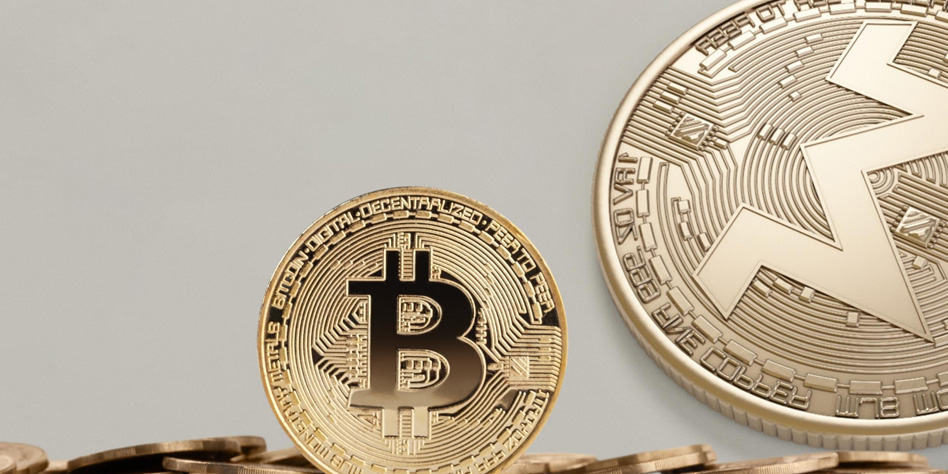
Bitcoin was the first cryptocurrency that opened the door to the era of decentralized digital money. As Daniel Won notes, “The fact that someone or some group (no one knows if pseudonymous creator Satoshi Nakamoto was an individual or group) that isn't a government can start their own global currency is an incredibly revolutionary idea.” Bitcoin’s launch laid the foundation for the development of over 5,000 cryptocurrencies.
The breakthrough behind Bitcoin was the use of blockchain—a transparent, decentralized ledger that allows anyone to participate. Bitcoin continues to lead the crypto market by capitalization and recognition.
While Bitcoin is the most prominent cryptocurrency, Monero has established itself as the top privacy-focused coin. It evolved from the CryptoNote protocol and offered enhancements over Bytecoin. Monero is an open-source, community-driven project, continuously maintained by contributors who prioritize privacy, decentralization, and scalability.
Privacy
Bitcoin was initially assumed to offer full anonymity. In reality, Bitcoin is pseudonymous—not anonymous. Though wallet addresses aren't tied to names on-chain, they can be linked to identities through exchanges, IP tracking, or transaction history. Even Bitcoin’s own whitepaper suggests users generate new addresses for each transaction to improve privacy.
Monero, on the other hand, integrates privacy at the protocol level. Its default features make every transaction untraceable and unlinkable. No third-party tools or optional settings are required.
- RingCT hides transaction amounts.
- Ring Signatures conceal the sender by mixing inputs.
- Stealth Addresses obscure the recipient's address from the blockchain.
- Dandelion++ masks IP data to prevent network-level tracing.
- Kovri (deprecated, but foundational) was developed to anonymize internet traffic related to Monero transactions.
Transaction Speed and Fees
Network congestion and miner incentives affect how fast and how costly transactions become. Bitcoin’s average confirmation time is roughly 1 hour, and the average fee (as of August 10, 2022) was $1.689, based on data from YCharts.
In contrast, Monero transactions settle in about 21 minutes. With Monero.How reporting a median “priority” transaction fee of just $0.0013, Monero provides a faster and far more affordable way to transfer value.
Mining
Both Bitcoin and Monero use the proof-of-work (PoW) consensus mechanism to validate transactions and generate new coins. However, the mining methods are significantly different.
Bitcoin mining demands high-performance ASIC machines using the SHA-256 algorithm. These machines are expensive, consume massive energy, and require regular upgrades to remain competitive. You’ll also need mining software and may need to join a pool.
Monero utilizes RandomX, a CPU-optimized algorithm. It is designed to resist ASIC domination, allowing anyone with a PC and internet access to mine XMR. This encourages greater decentralization and provides fairer access to rewards.
Crypto Wallets
Whether you mine Bitcoin or Monero, you’ll need a wallet to store your coins securely. For Bitcoin, software wallets like Guarda, Exodus, and Electrum are popular choices. For Monero, XMRWallet is a powerful privacy-preserving wallet.
XMRWallet is a web-based Monero wallet that doesn’t require downloads or registration. It allows users to manage XMR securely, with support for multiple languages and full control of private keys. Importantly, it’s free to use—even when restoring old transactions.
If you prioritize privacy, low fees, accessible mining, and faster confirmations, Monero offers compelling advantages over Bitcoin. With tools like XMRWallet, users can enjoy all of Monero’s benefits with added convenience and control.